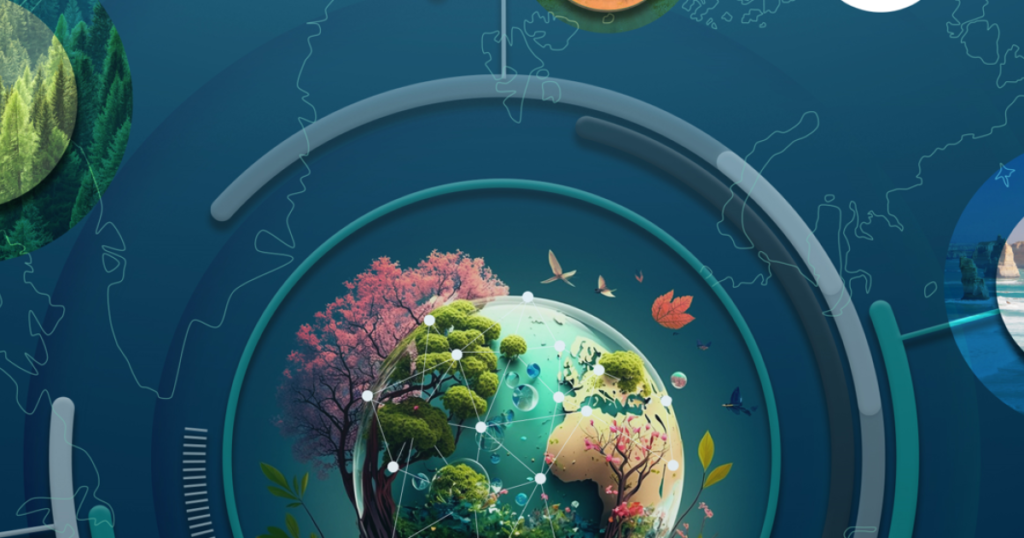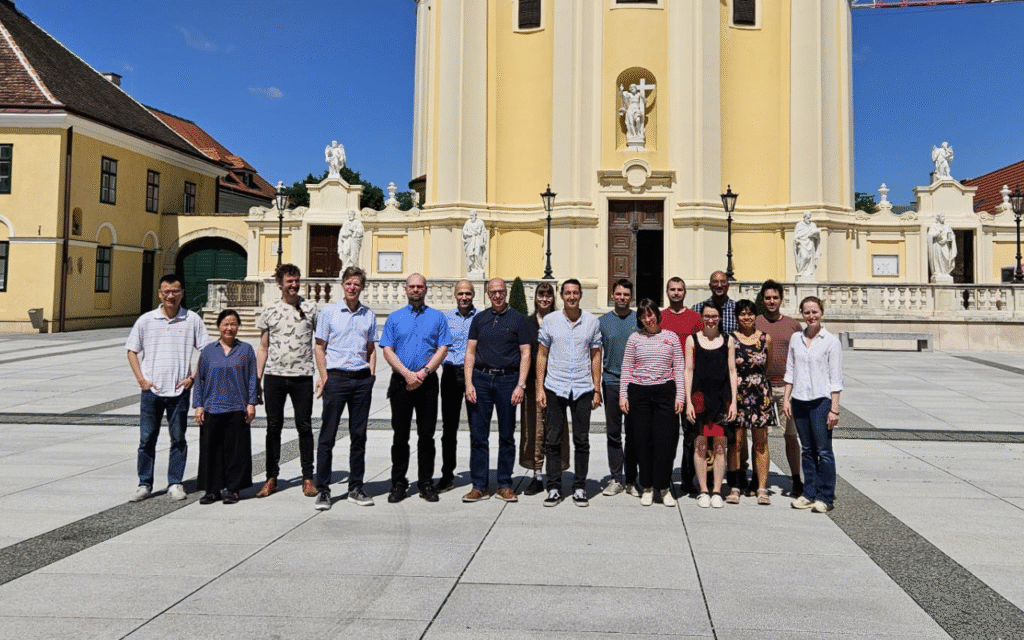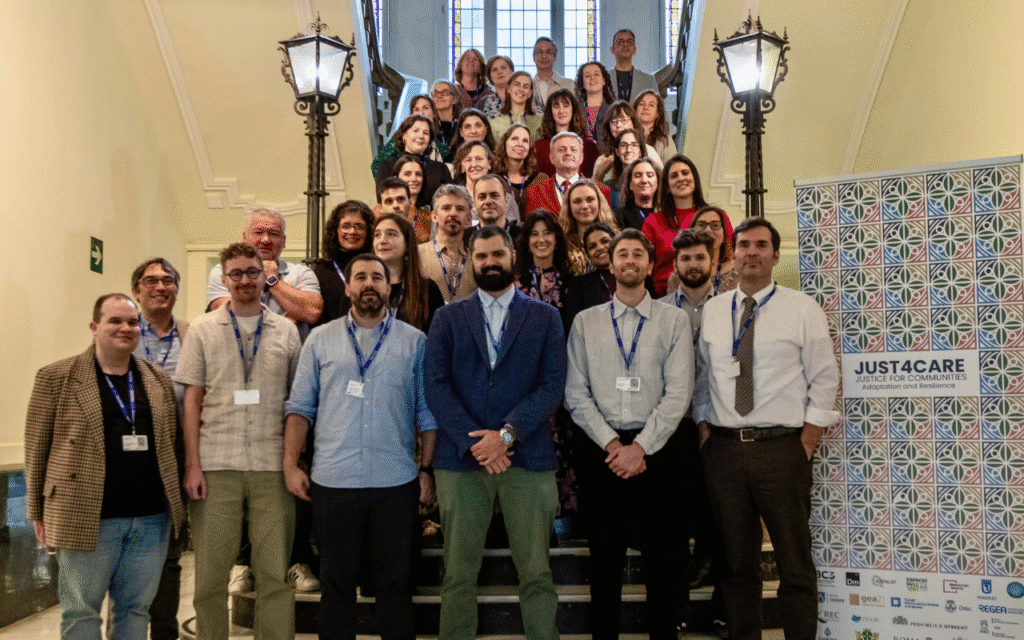We are thrilled to announce two significant milestones for ARIES that reflect our commitment to sustainability and climate action: the release of our technical report, Global Estimates of Carbon Stocks in the Vegetation and Soils of Terrestrial Ecosystems, and our pivotal contribution to the upcoming Changing Wealth of Nations 2024 (CWON) report from the World Bank Group.
Technical Report: Global Estimates of Carbon Stocks in Vegetation and Soils
Our latest technical report showcases a comprehensive dataset on global vegetation carbon stock trends spanning from 2001 to 2020. This report delivers key insights into how carbon storage in terrestrial ecosystems has changed over the last two decades—a critical factor in understanding and mitigating climate change. This data set serves as an essential resource for researchers, policymakers, and environmental advocates working to enhance climate action and sustainability efforts globally.
Carbon storage in vegetation and soils plays a pivotal role in regulating climate, as terrestrial ecosystems act both as carbon sinks and storage systems that prevent the release of carbon into the atmosphere. The detailed analysis presented in this report is vital for guiding policy decisions aimed at reducing carbon emissions and supporting the global shift toward sustainability.
The global analysis was authored by ARIES team members at BC3: Alessio Bulckaen, Diego Bengochea Paz), Rubén Crespo, and Ferdinando Villa, alongside external collaborator Raúl Abad Viñas.
Contribution to Changing Wealth of Nations 2024 Report
ARIES’ findings from our carbon storage report have directly informed Chapter 7: Forests and Agricultural Lands of the Changing Wealth of Nations 2024 report. The CWON report is an influential tool developed by the World Bank to evaluate the sustainability of economic progress. Unlike traditional measures like GDP, which focus solely on income and output, CWON includes natural capital (such as forests, water, and minerals), human capital (skills and education), and produced capital (infrastructure and technology). This more holistic approach provides a comprehensive understanding of national wealth and the resources required for future generations.
All the science utilized for this contribution is open, accessible and transparent. For example, Box 7.2 shows the spatially explicit results aggregated by country and a link to the open repository with the code to generate them.
The CWON 2024 report, set to launch on October 15, builds on past editions with improved methodologies and expanded datasets, making it the most comprehensive resource for understanding the balance between economic growth and environmental sustainability. Our contributions have played a role in this effort, ensuring that ecosystem services like carbon storage are fully integrated into global wealth assessments.
Join us for the launch event to explore how this report, along with our contributions, can help shape sustainable development strategies worldwide.
Date: October 15
Register to watch it online







